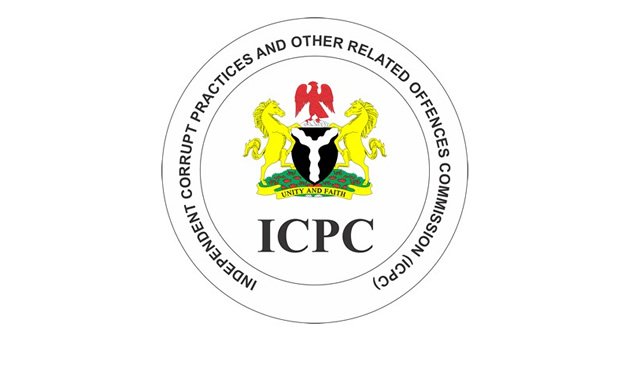The Chairman of the Independent Corrupt Practices and Other Related Offences Commission, Dr Musa Aliyu (SAN), has stated that inadequate funding has affected the commission’s ability to carry out investigations and legal proceedings.
Aliyu made this disclosure while outlining the challenges faced by the commission to the Senate Committee on Anti-Corruption and Financial Crimes.
A statement on Wednesday by the commission’s spokesperson, Demola Bakare, said that Aliyu also raised concerns about the ICPC Act.
The statement said, “Discussing the challenges facing the Commission, Dr Aliyu identified inadequate funding as a major constraint, impacting the commission’s ability to pursue investigations, legal proceedings, and public education efforts effectively.
“The ICPC Chairman also highlighted legislative limitations requiring amendments to the ICPC Act, along with staffing and welfare needs, as areas in urgent need of attention, stressing the need for the Senate Committee to help address the challenges listed above.”
Aliyu further mentioned that staff welfare required urgent attention, adding that the high cost of living has made it impossible to maintain high morale among his staff.
He said, “Our work requires diverse expertise, from forensic analysis to psychology, yet rising living costs make it increasingly difficult to maintain high morale among staff. Reviewing salaries and welfare benefits is essential for sustainable productivity.
“Additionally, ICPC personnel face security risks, especially during high-stakes investigations, making it critical to provide them with adequate security measures, similar to those granted to other agencies. Currently, we have 21 state offices, but they are severely understaffed and under-resourced, which affects our efficiency nationwide.
“Aliyu further noted the slow pace of court processes as a significant challenge, hampering the swift resolution of corruption cases and undermining public trust in anti-corruption efforts.
“The ICPC Chairman also explained the particular difficulties posed by cases involving politically exposed persons, where external influences can challenge the impartiality and integrity of investigations.”
While detailing the significant recoveries of assets and cash made by the commission, Aliyu said that in 2023, the ICPC received 1,187 petitions, assigned 275 cases for investigation, filed 63 cases in court, and secured 18 convictions.
“From January to October 2024, we received 851 petitions, assigned 243 cases, and secured 13 convictions,” he added.
In response, the Chairman of the Senate Committee on Anti-Corruption and Financial Crimes, Emmanuel Udende, commended the ICPC for its high standards of professionalism in the fight against corruption.
Udende praised the commission’s thorough and diligent investigations and expressed the National Assembly’s intent to address the issues raised, especially regarding the ICPC’s inability to access the 2% of recoveries designated under the 2022 Proceeds of Crime Act (POCA).
He said, “At the committee level, we’ll see what can be done to support you. Two per cent is too small. If you’re recovering billions, part of your operating costs should come from these recoveries.
“Other agencies, like the Nigeria Customs Service and FIRS, are allowed to retain about 50% of their recoveries, so we’ll take a holistic look at this to ensure fairness.”
Punch






Leave a Reply